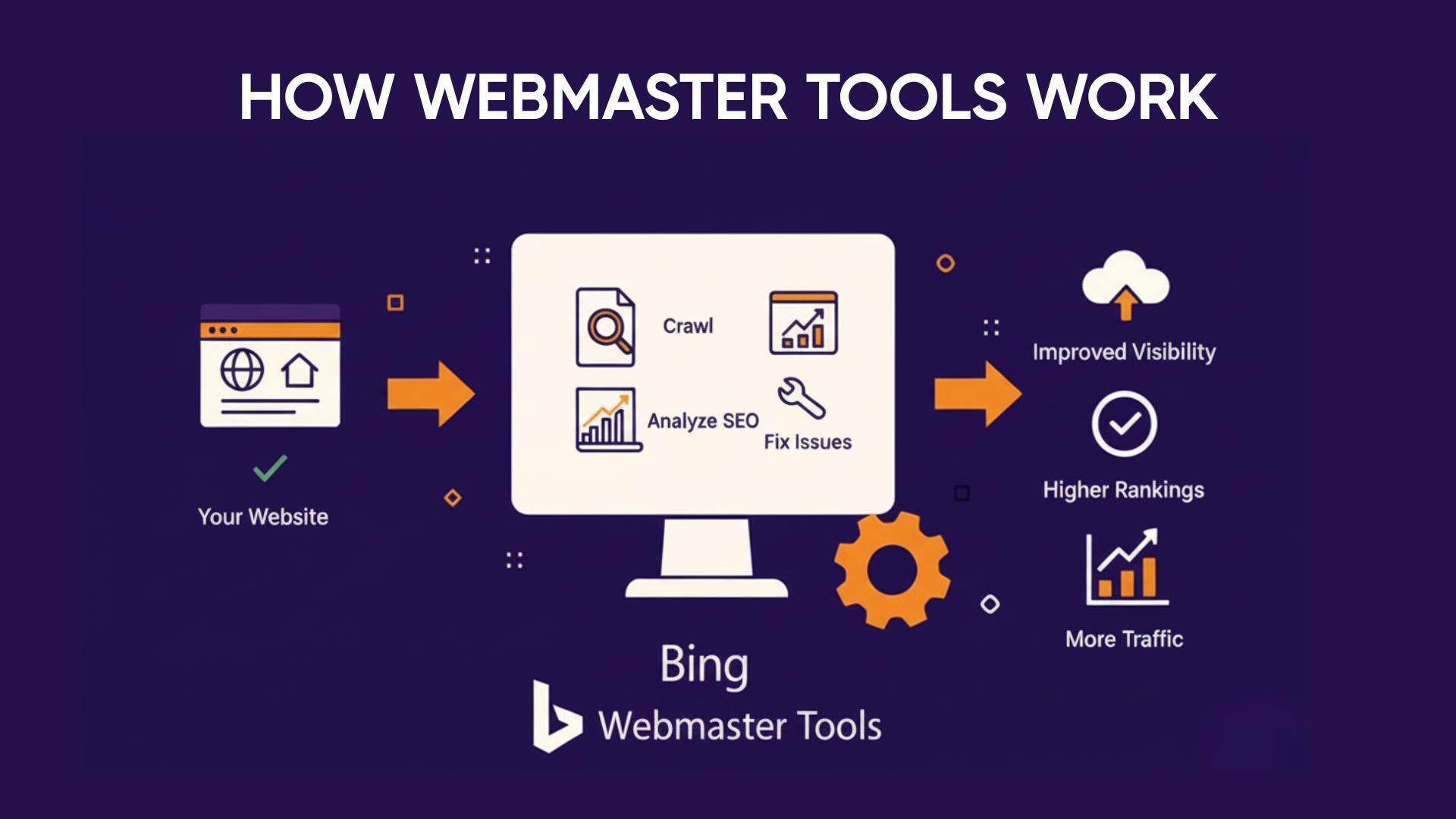Maximise Organic Traffic with Smart Keyword Research Strategies
Keyword research is key to driving organic traffic. Learn how to find the right keywords, optimise your content, and improve your SEO strategy for better visibility and growth.

Keyword research is the foundation of any successful SEO strategy. It involves identifying the words and phrases that your target audience uses to search for information online. By understanding these keywords, you can optimise your website content and attract relevant organic traffic. This blog post will guide you through the process of keyword research and explain how it can help you unlock the secrets to driving organic traffic.
Understanding Keyword Research:
Keyword research is the process of identifying and analysing search terms that people use to find information online. It helps you understand:
- What your target audience is searching for?
- The search volume and competition for specific keywords.
- The intent behind different search queries.
Tools for Keyword Research:
- Google Keyword Planner: A free tool from Google that provides keyword ideas and search volume data.
- SEMrush: A comprehensive SEO tool that offers keyword research, competitor analysis, and other features.
- Ahrefs: Another powerful SEO tool that provides in-depth keyword research and backlink analysis.
- Moz Keyword Explorer: A tool that helps you discover and prioritise relevant keywords.
- Answer The Public: A free tool that generates a wide range of keyword ideas based on real user questions and search queries. It visualises search patterns and provides insights into what people are asking about specific topics, helping content creators and marketers optimise their strategies by addressing the most relevant queries.
- Google PAA: A feature within Google search results that displays related questions users commonly ask about a particular topic. These questions appear in a dropdown format, providing valuable insights for keyword research and content creation. By analysing the PAA section, marketers can identify user intent and incorporate relevant questions into their content to improve SEO.
The Keyword Research Process:
- Brainstorm Seed Keywords: Start by brainstorming a list of seed keywords that are relevant to your business and industry.
- Use Keyword Research Tools: Use keyword research tools to expand your list of seed keywords and identify related keywords.
- Analyse Keyword Metrics: Analyse the search volume, competition, and keyword difficulty of each keyword.
- Identify Long-Tail Keywords: Long-tail keywords are longer, more specific phrases that have lower search volume but higher conversion rates.
- Analyse Competitor Keywords: Analyse the keywords that your competitors are targeting to identify opportunities.
- Organise Keywords into Topics: Group your keywords into related topics to create a content strategy.
Brainstorm Seed Keywords
Start by brainstorming a list of seed keywords that are directly relevant to your business, products, services, and industry. These are the basic terms and phrases that customers might use when searching for your offerings. Consider both broad terms and specific niches within your industry.

Use Keyword Research Tools
Once you have your initial list, use keyword research tools (such as Google Keyword Planner, SEMrush, Ahrefs, or Answer the Public) to expand your list. These tools help identify related keywords, variations, and variations of your seed keywords, providing more options to target. They also suggest long-tail keywords and help you explore keyword trends.
Analyse Keyword Metrics
Next, evaluate each keyword’s potential by analysing important metrics:
- Search Volume: This indicates how often a keyword is searched, helping you prioritise high-traffic keywords.
- Competition: This measures how difficult it will be to rank for a keyword. Keywords with high competition may require more resources to rank.
- Keyword Difficulty: Similar to competition but more specific to SEO difficulty, this metric helps assess the level of effort needed to rank for a keyword on search engines.
Identify Long-Tail Keywords
Long-tail keywords are specific, longer phrases that typically have lower search volume but are highly targeted. These keywords often indicate a user’s specific intent, leading to higher conversion rates. For example, "best organic skincare products for sensitive skin" is a long-tail keyword that might attract users ready to make a purchase. Focusing on these keywords can help drive qualified traffic.
Analyse Competitor Keywords:
Investigating the keywords your competitors are targeting provides valuable insights into their strategies and uncovers potential opportunities. Tools like SEMrush and Ahrefs allow you to see which keywords are driving traffic to your competitors’ sites. By targeting gaps or underutilised keywords, you can find opportunities to outrank them.
Organise Keywords into Topics
After collecting a comprehensive list of keywords, group them into relevant topics. This helps create a content strategy that focuses on clusters of related keywords. Organising your keywords in this way ensures you can create pillar content around broader topics and cluster content around narrower subtopics. For example, if your business is in health and fitness, you might have pillar content on "Weight Loss" and cluster content on "Low-Calorie Diets," "Best Workouts for Weight Loss," etc. This approach also supports SEO by improving topical authority.
Prioritise Keywords Based on User Intent
Understand the intent behind the keywords. Are users looking for information and solutions, or are they ready to make a purchase? Categorise your keywords into informational, navigational, and transactional intent. This helps tailor your content to meet user needs, increasing your chances of conversion.
Track and Adjust Keyword Performance
Once you've implemented your keyword strategy, monitor the performance of your target keywords. Tools like Google Analytics, SEMrush, and Ahrefs can help track rankings, traffic, and engagement. Continuously analyse and adjust your strategy to ensure you’re targeting the best-performing keywords and staying competitive in your industry.
Utilise Seasonal and Trending Keywords
Keep an eye on keywords related to seasonal trends, holidays, or emerging industry trends. These can give your content a temporary but significant boost in visibility. For example, keywords like "summer fitness tips" or "holiday sales promotions" may spike during certain times of the year.
Use Keyword Clustering for Efficient SEO
Once you’ve grouped keywords into topics, consider creating keyword clusters. This strategy not only helps organise content but also supports a better internal linking structure. By targeting clusters of related keywords, you can improve the SEO of your site as search engines favour well-structured, topical content over individual keyword-targeted pages.
Using Keywords in Your Content:
- Use Keywords Naturally: Incorporate keywords naturally into your website content. Avoid keyword stuffing, which can harm your SEO.
- Optimise Meta Tags: Use relevant keywords in your meta titles and descriptions.
- Use Keywords in Headings: Use keywords in your headings and subheadings to improve readability and SEO.
- Create High-Quality Content: Focus on creating high-quality, informative content that provides value to your audience.

Keyword research is an essential component of any successful SEO strategy. By understanding the keywords that your target audience uses, you can optimise your website content and attract relevant organic traffic. Invest time in keyword research, and you'll be well on your way to driving more traffic to your website.
At Double Bricks Digital, we specialise in helping businesses unlock the full potential of keyword research to drive organic traffic and improve their SEO performance. Let us help you develop a winning keyword strategy to boost your online visibility and grow your business.






